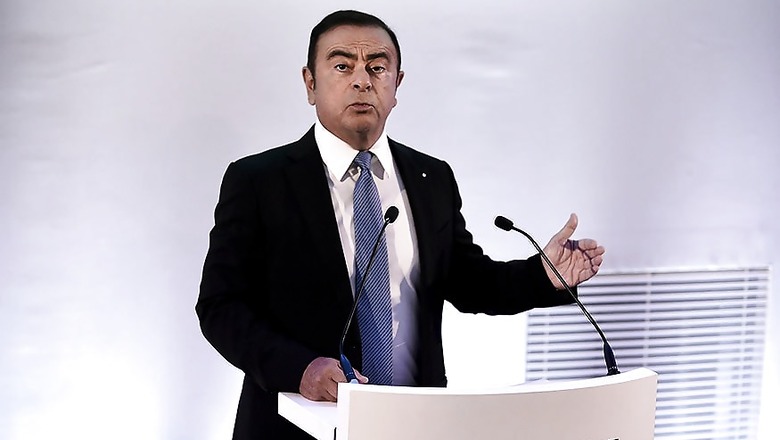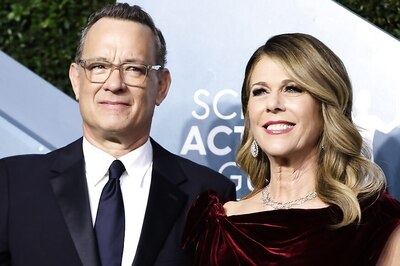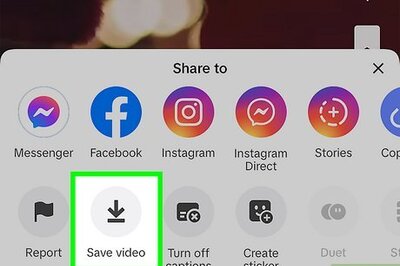
views
The board of the French automaker Renault said that it was keeping Carlos Ghosn as its chief executive, after an internal review of his pay package found that it conformed with French law. Ghosn has been held under arrest in Japan since November 19 on charges of financial misconduct and under-reporting his pay as head of Renault's partner Nissan, which has since sacked him as chairman. He has also been dismissed as chairman of Mitsubishi, another partner in the Renault-Nissan alliance. Renault kept Ghosn on as CEO after his arrest in Tokyo, but launched an enquiry into his pay package and named a deputy CEO, Thierry Bollore, to ensure day-to-day management.
Vote Now! Tech And Auto Awards 2018 is here. Click here to vote for your favourite gadgets and cars.
"The compensation of the chairman and chief executive officer of Renault and the conditions under which such compensation was approved were in compliance with applicable law," the automaker said after a board meeting earlier. The board said this referred to compensation for the years 2015 to 2018, adding that it had asked its lawyers to continue their review in liaison with Nissan's lawyers.
Renault's lawyers also provided the board with a report on a presentation made by Nissan's lawyers, the statement said. At this stage, the board "does not have information concerning Carlos Ghosn's defence," it added. Both Ghosn and a key aide Greg Kelly, who is also being held in Japan in connection with the charges, have reportedly denied the claims.
The 64-year-old Franco-Lebanese-Brazilian executive was formally charged in Japan of under-declaring his income by some five billion yen (USD 44 million) between 2010 and 2015. At the same time, prosecutors served him with a new warrant alleging that he also under-reported his income over the past three years. Under Japanese law, suspects can be re-arrested several times for different allegations, allowing prosecutors to question them for prolonged periods -- a system that has drawn criticism internationally.
In addition to charges against Ghosn and Kelly, prosecutors have also indicted Nissan itself, as the company submitted the official documents that under-reported the income. Ghosn, a towering figure in the global auto industry who had nonetheless prompted grumblings over a perceived lavish lifestyle, has reportedly told embassy visitors he is being treated well, but has complained of the cold in his cell and of the rice-based food. If found guilty, he could face a 10-year prison sentence.
Shortly after Ghosn's indictment, Prime Minister Shinzo Abe reiterated the need to maintain the Renault-Nissan-Mitsubishi alliance, calling it "a symbol of Japan-France industrial cooperation". This did not prevent reports of tension between the three companies, which outsold every rival group last year, even though executives have said they remain "fully committed" to the alliance.
In addition to under-reporting his salary, Ghosn is suspected of deferring part of his compensation to avoid criticism from staff and shareholders that his salary was too generous. His arrest sparked incredulity at Renault, which now owns 43 percent of Nissan, which in turns has a 15 percent stake in its French partner. Ghosn is celebrated for saving Nissan from the brink of bankruptcy and rebuilding it as a money-making subsidiary of Renault.


















Comments
0 comment